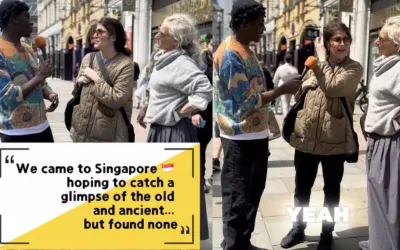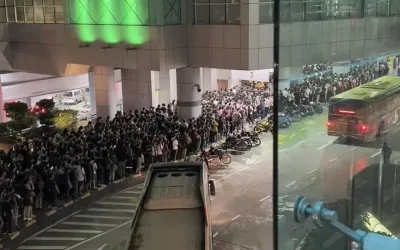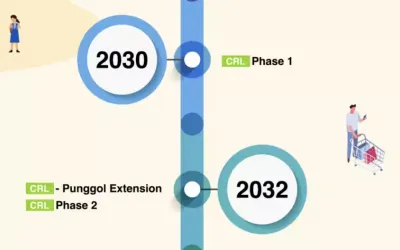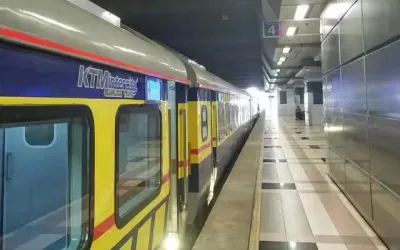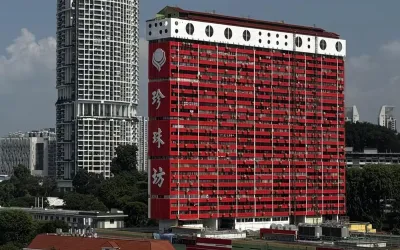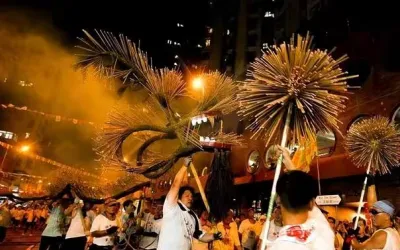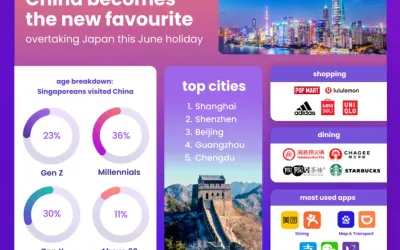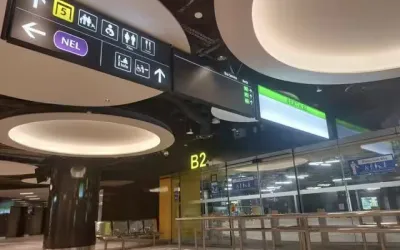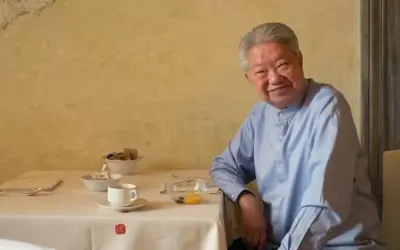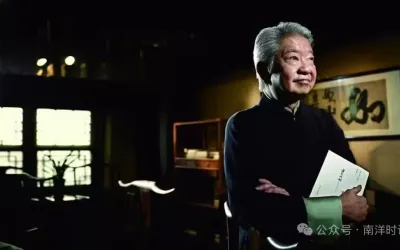Real progress for lower wage workers is an essential part of inclusive growth. In Singapore, no matter where you start in life, we want to make sure you and your children will have every chance to improve yourselves and move ahead.
Foreigners
Second, we must address Singaporeans’ anxieties over foreign work pass holders. Work pass holders help expand our economy and create more opportunities for us. When we complement our own workforce with skills from around the world, more companies will invest here, and this then creates more jobs for Singaporeans. This is a virtuous cycle. Singaporeans understand this: that we need to welcome the talent and expertise that our economy needs.
However, when the number of work pass holders is large, our people naturally become worried about competition for jobs. The uncertainties of COVID-19 have worsened these anxieties. Work pass holders reinforce the team, but may also compete directly with their local colleagues. Sometimes the locals feel unfairly treated, for instance when they miss out on being hired or promoted. Outside work, from time to time there are also social frictions, because some work pass holders and their families have not fully adapted to our social norms, nor fully integrated into our society.
I understand these anxieties and problems. The government is addressing them. We have to adjust our policies to manage the quality, numbers and concentrations of foreigners in Singapore. If we do this well, we can continue to welcome foreign workers and new immigrants, as we must. Turning inwards is against our fundamental interests. It would damage Singapore’s standing as a global and regional hub. It would cost us jobs and opportunities. Most importantly, it goes against our values of openness, and of being accepting of others who are different from us. We uphold these values, because they have anchored us, and helped us progress over the years as a nation.
Race & Religion
Third, we must manage issues of race and religion carefully. We pride ourselves on being a uniquely harmonious, multiracial society. But maintaining social harmony takes unremitting work. Our social norms evolve with each successive generation, shaped by different life experiences and aspirations. These norms are also influenced by external trends, because we are so open and connected to the rest of the world. Therefore, with every new generation, our racial harmony needs to be refreshed, reaffirmed, and reinforced.
Recently, several racist incidents have gained wide publicity, amplified by social media. Such incidents are worrying, but they are not the norm. Many more happy inter-racial interactions happen every day, but these seldom go viral. The negative incidents do not mean that our approach is failing. However, they illustrate how issues of race and religion will always be highly emotive, and can easily divide us. Therefore, such issues will always need close attention.
It is helpful to air and acknowledge these sensitive issues. We need to do this candidly and respectfully. It took several generations of sustained effort to bring our races and religions together, and grow the common space that we now share. This harmony did not result from every group stridently insisting on its identity and rights; it was the fruit of mutual understanding and compromise by all parties – the majority as well as the minorities.
We must not lightly give up this hard-won and delicate balance. As our society evolves, we have to continually adjust this balance to maintain our social harmony. It is the government’s duty to manage these issues on behalf of all Singaporeans, regardless of race, language or religion. To do this, we will need your cooperation, support and trust.
Conclusion
All these stresses and strains that we have been facing are not unique to Singapore. Many other countries are struggling with far deeper divisions. Nor are the issues completely new to us. When Singapore became self-governing in 1959, different racial groups lived separately, attended different schools in different languages, and worked in different types of jobs and businesses. To help everyone appreciate one another’s cultures and practices, the newly-elected PAP government organised a series of multi-cultural concerts. They were called the Aneka Ragam Rakyat, or People’s Variety Concerts. I remember my parents bringing me to watch the first Aneka Ragam Rakyat, which was held here at the Botanic Gardens. These concerts were an early start to our journey to becoming one people, one nation.
Our nation building has come a long way since, but our journey continues. From time to time, new crises will again test our resolve and unity. But COVID-19 has shown that we can face them with grit and determination, and stay one united people. As this year’s NDP theme song goes, “We did it before, and we’ll do it again!” I am confident that Singapore can keep on building a more harmonious society, a more prosperous economy, and a more successful nation for generations to come.
Happy National Day!




